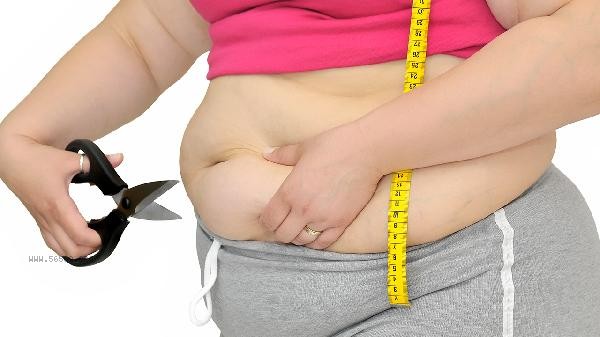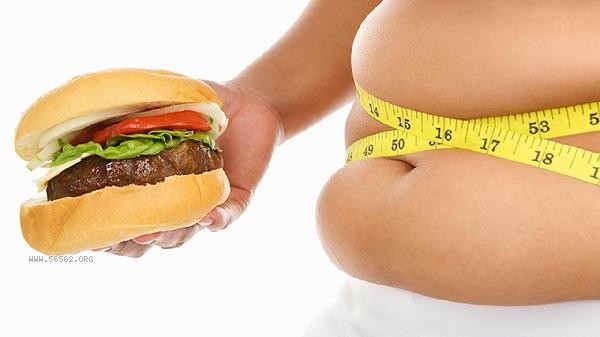It is recommended to control the daily carbohydrate intake during weight loss at 100-150 grams, which should be adjusted according to body weight, activity level, and metabolic status. Reasonably controlling carbohydrate intake can help reduce fat accumulation and avoid excessive restriction leading to hypoglycemia or metabolic disorders.

1. Basic metabolic requirements
Adult women need about 130 grams of carbohydrates per day for basic metabolism, while men need about 150 grams. When losing weight, it is advisable to reduce it by 20-30%, but it should not be kept below 50 grams for a long time to prevent ketosis. Choosing composite carbohydrates such as whole grains and oats with low glycemic index can prolong satiety and stabilize blood sugar levels.
2. Exercise Consumption Compensation
High intensity exercise individuals should increase their intake of 30-50 grams of carbohydrates to supplement muscle glycogen, with priority given to intake before and after exercise. Endurance trainers can use the carbon water cycle method, with a maximum intake of 150 grams on training days and less than 100 grams on rest days, to ensure athletic performance and promote fat burning.
3. Differences in body weight base
For those whose body weight exceeds the standard value by more than 30%, 150 grams of carbohydrates can be set initially, and gradually adjusted to 100 grams as body weight decreases. Small base weight loss enthusiasts are recommended to maintain around 120 grams to avoid muscle loss. The serving of individual dishes is adopted to evenly distribute carbon and water to three meals and two centers.

4. Metabolic adaptation adjustment
During the plateau period, try to increase the carbon water to 200 grams and restart metabolism 1-2 days a week, while maintaining 100 grams for the remaining days. Patients with diabetes or insulin resistance should be controlled below 80g, and sufficient dietary fiber should be used to delay sugar absorption.
5. Special physiological stage
Postpartum breastfeeding women should not consume less than 150 grams to prevent affecting milk quality. It is recommended to maintain at least 120 grams of carbohydrates for weight loss in middle-aged and elderly people, combined with high-quality protein to prevent muscle decay. When teenagers lose weight, the proportion of carbohydrates should not be less than 40% of the total calories.

During the implementation of a low-carbon diet, it is recommended to monitor weight and body fat changes daily. When dizziness and fatigue occur, an appropriate increase of 10-20 grams of carbohydrates should be added. Long term low carbohydrate diets require regular checks on blood lipids and thyroid function to ensure nutritional balance. Combining 30 minutes of aerobic exercise and strength training daily can improve carbon water utilization efficiency. Choosing steaming instead of frying as the cooking method, partially replacing staple foods with low-carbon ingredients such as konjac, cauliflower, and rice, can satisfy the taste and control calorie intake.









Comments (0)
Leave a Comment
No comments yet
Be the first to share your thoughts!